- Plan ItBack
- Design ItBack
- Build ItBack
- Homes
- ProductsBack
- CostsBack
- Self Build Cost Calculator
Estimate your project costs instantly with Build It's interactive self-build cost calculator
Calculate Now - Costs & Finance
- Contracts & Warranties
- Build It Estimating Service
Get an accurate, detailed cost breakdown of your project
Submit plans
- EventsBack
- My Account
Q&As
Do we qualify for a reduced VAT rate on our renovation if the house was unoccupied prior to purchase?
We purchased a house after probate that I believe may have been unoccupied for the prescribed period of two years. As the house sits on greenbelt land, we had to go through a series of planning applications which have taken us around one and a half years to obtain.
Are we eligible for the reduced rate of 5% (due to it being vacant prior to purchase), or does this not apply to us as we have been living in the property during the period of the planning applications?
Assuming we don’t qualify for the above, we have consent to substantially extend an existing house which will involve rebricking the entire house (taking down the existing outer skin/brickwork and replacing it with new). Will this qualify as new build and therefore zero-rated for VAT? The planning consent is for an extension and not a new build.



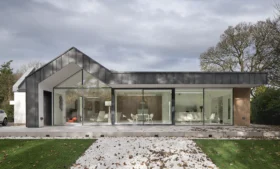
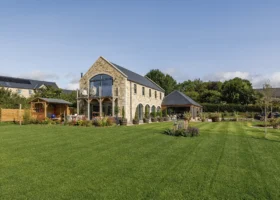
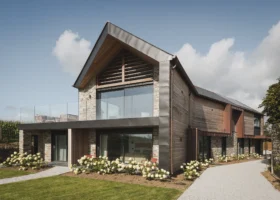
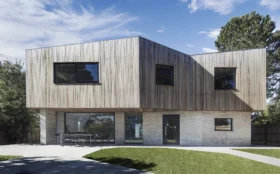
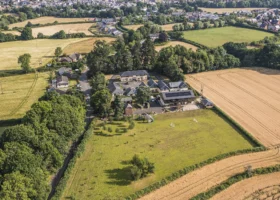

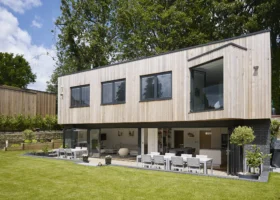
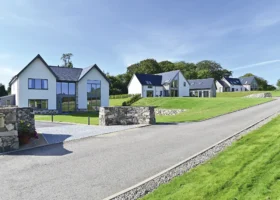
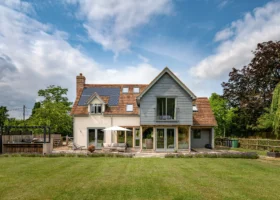

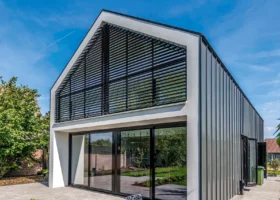

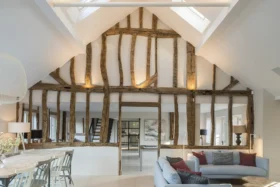
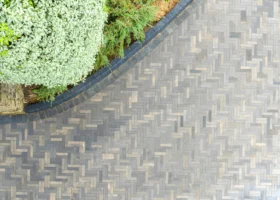
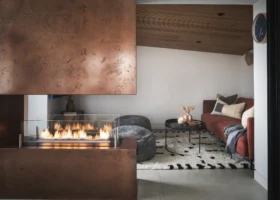

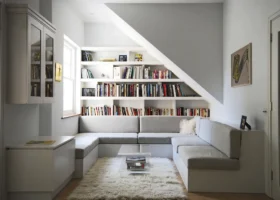
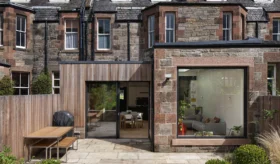
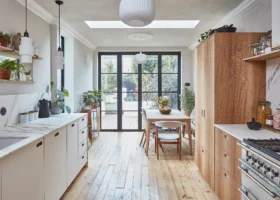









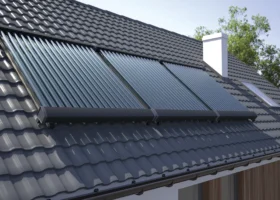
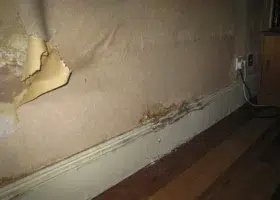

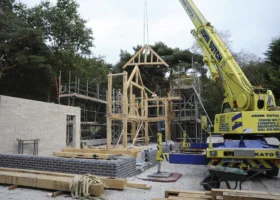
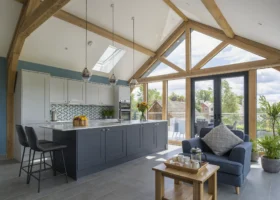
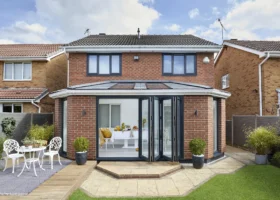

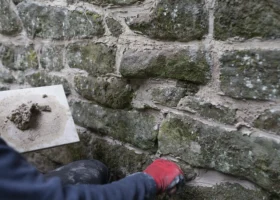
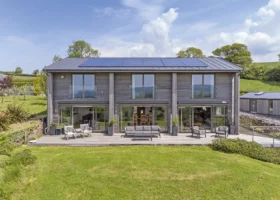
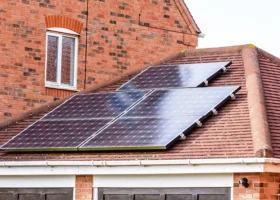
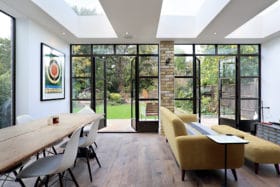
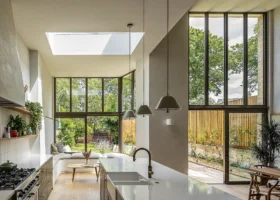
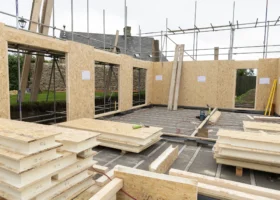

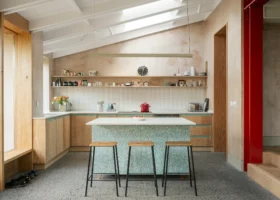
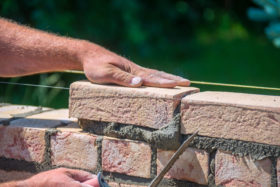
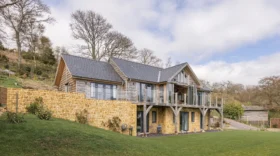
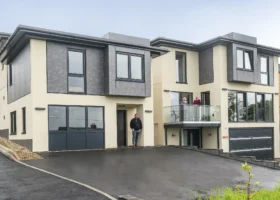
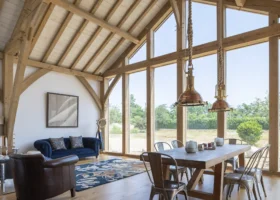
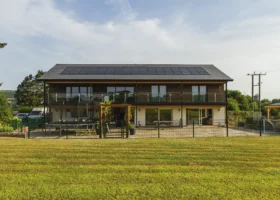
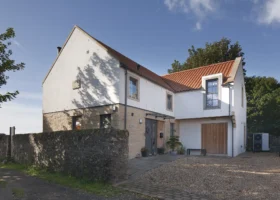



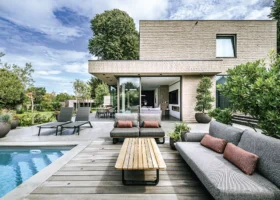
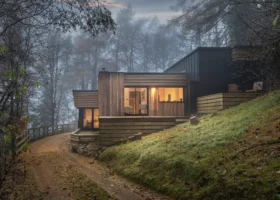







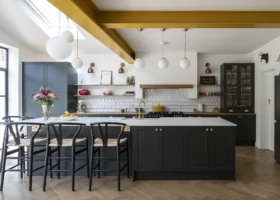
















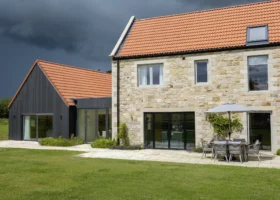
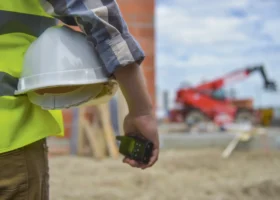
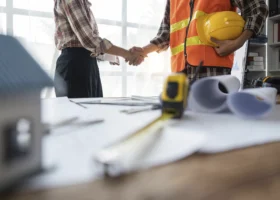


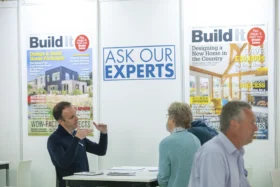







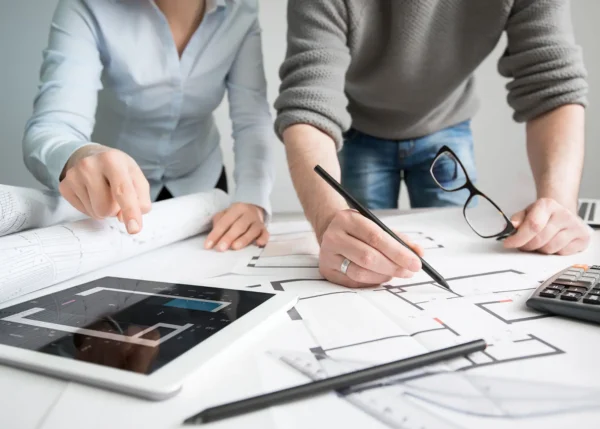
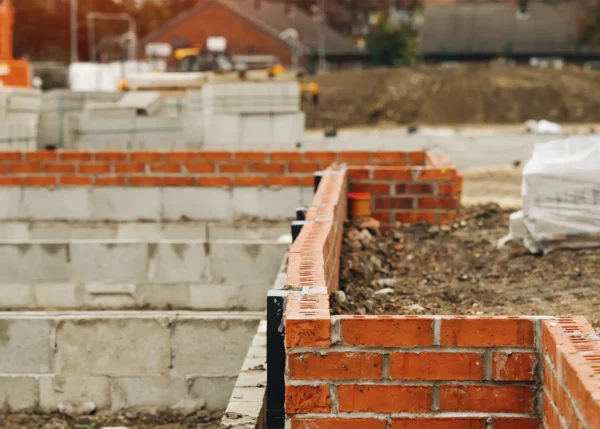

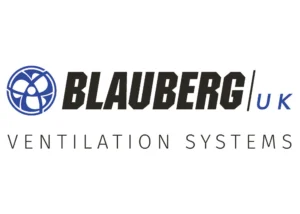



Carrying out work to an existing building will typically incur a VAT fee at the standard rate of 20%. However, you may be able to pay VAT at the reduced rate of 5% if you’re renovating or altering an eligible dwelling, as long as it has not been lived in during the two years immediately before your work starts. So, if the qualifying residential premises have not been lived in during the two years immediately before your work starts, all of your work is reduced-rated.
However, there are some exceptions to the rule for people who are living in the premises while refurbishment work is being carried out. In order to qualify for the reduced rate of 5% while living in the property, you must move in on a day after the works begin.
If you’re living in the premises before the work begins, or anyone else has lived in them during the previous two years before you start the work, you will be subject to the standard 20% rate for VAT. So, as you have already been living in the house prior to any works being started, you unfortunately would not be eligible for the reduced VAT rate.
As to whether or not your project meets the criteria for zero-rated VAT, your planning permission will need to be for a new build in order to qualify. So, as the permission granted states that it’s for an extension, you would not be entitled to have any works invoiced at the 0% VAT rate.
If you were to qualify for the reduced VAT rate of 5%, you would need to ensure you engage VAT registered trades to complete the building work, so that they can invoice you at the reduced rate, and you must also provide them with proof that the property was vacant for over two years prior to any work carried out.
If you plan to carry out any of the work yourselves and purchase materials to do so, you have to pay the standard VAT rate of 20% from your suppliers and no part of this can be reclaimed on your side.
Best of luck with your project plans,
Kathy Tisdale (Build It’s VAT reclaims expert)